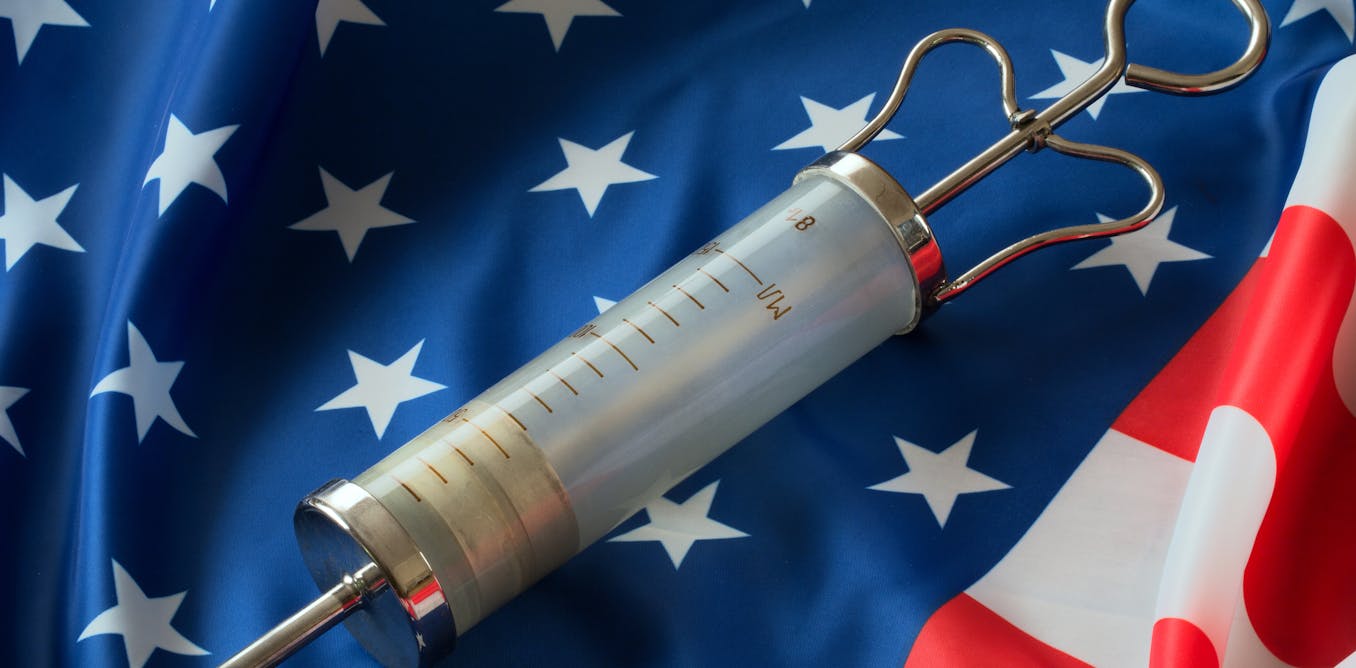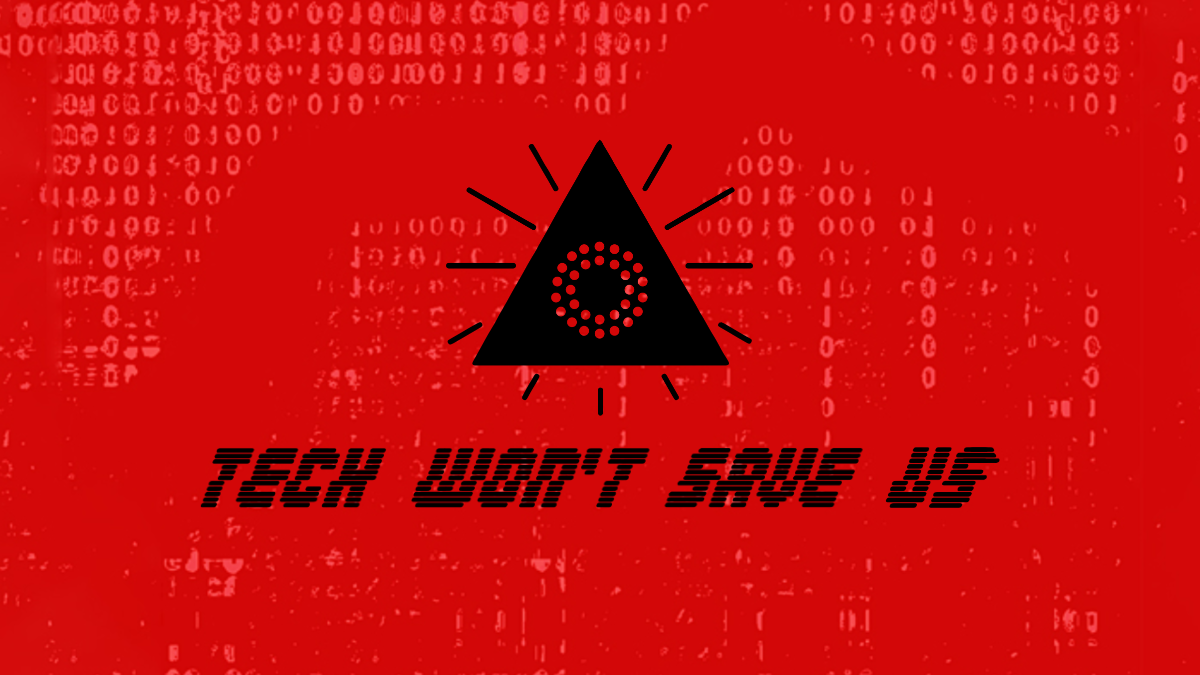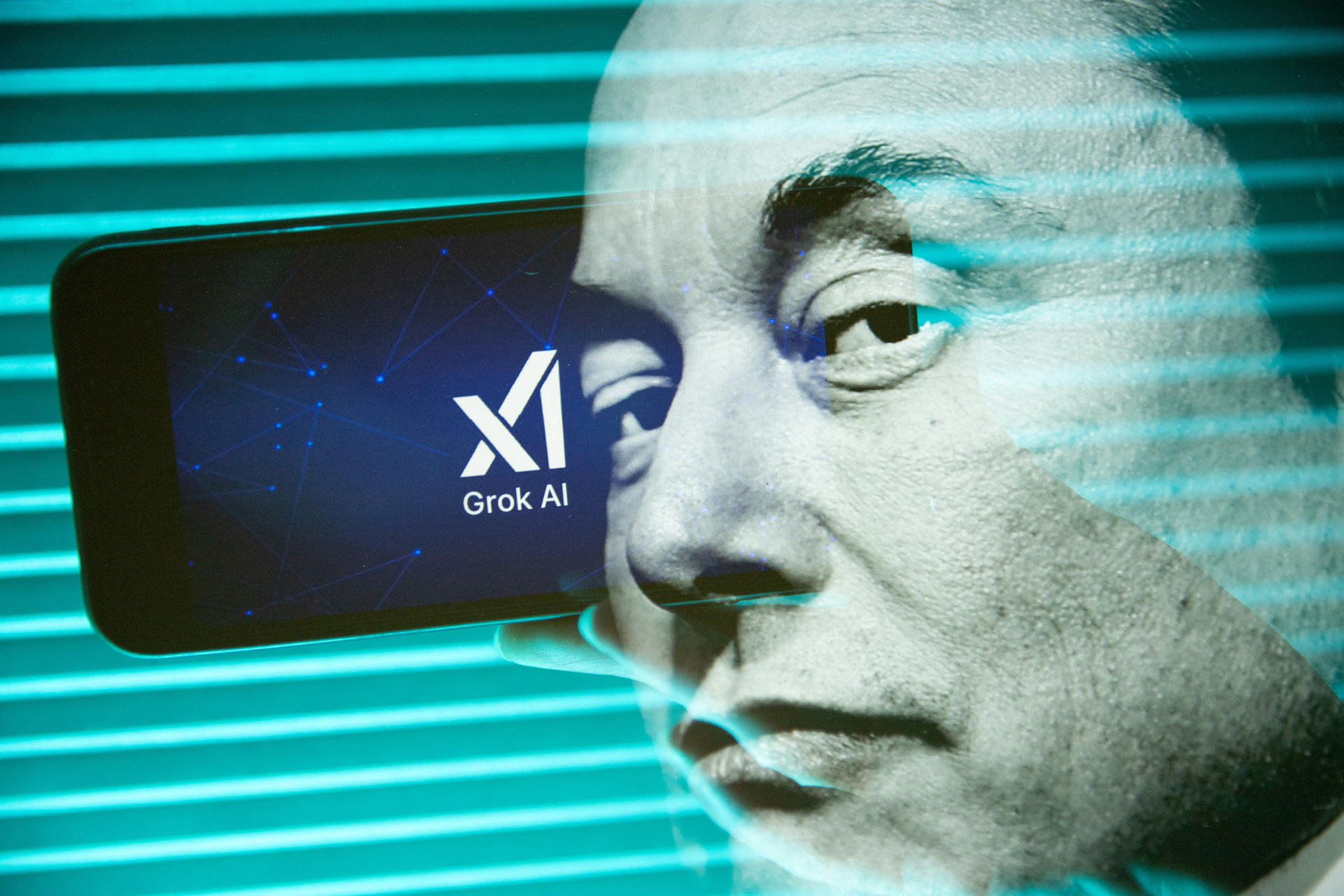"Inoculation" doesn't just work to protect you against diseases. You can also psychologically prime people against persuasive attacks from media — for example, by explaining to people how deepfakes work. Here's more from @TheConversationUS.
Détection de coordination, détection de #deepfakes, biais et vulnérabilités des algorithmes de recommandation...
#VIGINUM et @inria lancent un prix scientifique de lutte contre les manipulations de l'information.
👉 https://pvi-lmi.sciencescall.org/
Date de la mort pour candidater : 14 février
N'hésitez pas à faire passer l'info.
"Inoculation" doesn't just work to protect you against diseases. You can also psychologically prime people against persuasive attacks from media — for example, by explaining to people how deepfakes work. Here's more from @TheConversationUS.
French police raided the offices of Elon Musk’s social media network X on Tuesday, and prosecutors ordered the tech billionaire to face questions in a widening investigation. https://www.japantimes.co.jp/business/2026/02/04/tech/paris-cybercrime-x-musk/?utm_medium=Social&utm_source=mastodon #business #tech #france #ai #elonmusk #socialmedia #deepfakes #grok
Undressed in 30 Seconds: The $5 App Turning Your HeadShot Into Porn
🛑 STOP. Do you have a public selfie?
Your Profile is Public. Your Nudes Are Not. 😱 The AI Scam Coming for Everyone!
https://www.nbloglinks.com/undressed-in-30-seconds-the-5-app-turning-your-headshot-into-porn/
#CyberSecurity #AI #Deepfakes #OnlineSafety #TechRegulation #DigitalBlackMail
Undressed in 30 Seconds: The $5 App Turning Your HeadShot Into Porn
🛑 STOP. Do you have a public selfie?
Your Profile is Public. Your Nudes Are Not. 😱 The AI Scam Coming for Everyone!
https://www.nbloglinks.com/undressed-in-30-seconds-the-5-app-turning-your-headshot-into-porn/
#CyberSecurity #AI #Deepfakes #OnlineSafety #TechRegulation #DigitalBlackMail
Alle mit @ndaktuell Digital-Abo können heute schon meine neue Kolumne in der morgigen Ausgabe lesen. Diesmal: #Grok, #Deepfakes und das Desinteresse der Bundesregierung: "190 KI-fabrizierte Nacktbilder pro Minute".
An AI-manipulated image of the moments before immigration agents shot Alex Pretti spread across across the internet, eventually making its way onto the U.S. Senate floor. https://www.japantimes.co.jp/news/2026/02/01/world/politics/ai-altered-image-us-senate/?utm_medium=Social&utm_source=mastodon #worldnews #politics #ai #deepfakes #fakenews #minneapolis #minnesota #us #immigration #ice #misinformation
Alle mit @ndaktuell Digital-Abo können heute schon meine neue Kolumne in der morgigen Ausgabe lesen. Diesmal: #Grok, #Deepfakes und das Desinteresse der Bundesregierung: "190 KI-fabrizierte Nacktbilder pro Minute".
Millions of people were victimized when Elon Musk rolled back the guardrails on Grok, allowing users to churn out explicit deepfakes.
On #TechWontSaveUs, I spoke with Kat Tenbarge to discuss what happened, the shameful response, and what should be done now.
Listen to the full episode: https://techwontsave.us/episode/313_elon_musk_profits_off_non_consensual_deepfakes_w_kat_tenbarge
AI-driven deepfakes, especially sexualized images of minors, have exploded into a widespread and urgent problem that lawmakers are scrambling to confront as technology races ahead of regulation. https://www.japantimes.co.jp/commentary/2026/01/27/world/the-pre-ai-world-is-gone/?utm_medium=Social&utm_source=mastodon #commentary #worldnews #x #grok #elonmusk #ai #deepfakes #childabuse #childporn #chatbots
Détection de coordination, détection de #deepfakes, biais et vulnérabilités des algorithmes de recommandation...
#VIGINUM et @inria lancent un prix scientifique de lutte contre les manipulations de l'information.
👉 https://pvi-lmi.sciencescall.org/
Date de la mort pour candidater : 14 février
N'hésitez pas à faire passer l'info.
Japan has joined the growing list of countries probing X over Elon Musk’s artificial intelligence service Grok and the chatbot’s role in creating and spreading sexualized images of people without their consent. https://www.japantimes.co.jp/business/2026/01/16/tech/grok-japan-scrutiny-sexual-images/?utm_medium=Social&utm_source=mastodon #business #tech #grok #ai #elonmusk #socialmedia #x #deepfakes #childabuse #childporn #chatbots
"A State Department source told The Telegraph that UK officials could face being barred from the US over plans to ban X."
#UKPol #USPol #Xitter #Grok #Porn #DeepFakes
https://parliamentnews.co.uk/uk-officials-could-face-us-entry-ban-over-x-policy
"A State Department source told The Telegraph that UK officials could face being barred from the US over plans to ban X."
#UKPol #USPol #Xitter #Grok #Porn #DeepFakes
https://parliamentnews.co.uk/uk-officials-could-face-us-entry-ban-over-x-policy
Elon Musk’s company xAI is facing global backlash over sexualized “deepfake” images of women and children created by its Grok chatbot. https://www.japantimes.co.jp/business/2026/01/14/tech/ai-deepfakes-elon-musk-scandal/?utm_medium=Social&utm_source=mastodon #business #tech #x #grok #elonmusk #ai #deepfakes #childabuse #childporn
U.K.’s prime minister escalated threats against Elon Musk’s X, vowing to enforce a law that bans the sexualization of people’s images without consent and calling such content generated by Grok disgusting and shameful. https://www.japantimes.co.jp/news/2026/01/13/world/uk-starmer-x-grok-deepfakes/?utm_medium=Social&utm_source=mastodon #worldnews #uk #keirstarmer #x #grok #deepfakes #ai
#Grok Is Pushing #AI ‘Undressing’ Mainstream
Paid tools that “strip” clothes from photos have been available on the darker corners of the internet for years. Elon Musk’s X is now removing barriers to entry—and making the results public.
#musk #Twitter #privacy #deepfakes #artificialintelligence
https://www.wired.com/story/grok-is-pushing-ai-undressing-mainstream/
"Nonconsensual deepfakes on X are nothing new, but now it's built into the platform."
~ Kat Tenbarge
#ElonMusk #AI #ChildPorn #deepfakes #Grok #SexualAbuse #children #pedophiles
/1
https://spitfirenews.com/p/grok-csam-deepfakes-abuse-elon-musk
#Grok Is Generating #Sexual Content Far More Graphic Than What's on X
A WIRED review of outputs hosted on Grok’s official website shows it’s being used to create #violent sexual images and videos, as well as content that includes apparent #minors.
#ai #deepfakes
https://www.wired.com/story/grok-is-generating-sexual-content-far-more-graphic-than-whats-on-x/






